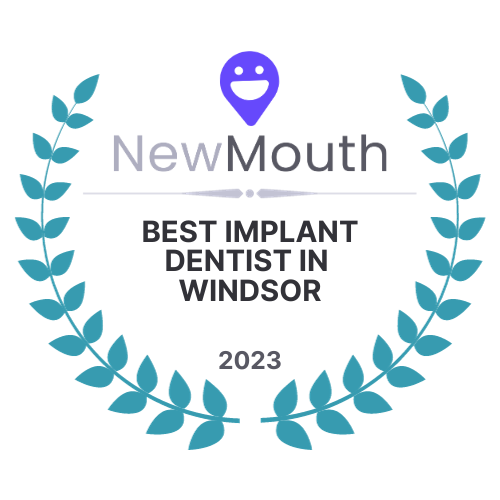Welcome to Blue Apple Dental Group
in Rohnert Park, CA!
Are you looking to enhance the appearance of your smile, need to replace missing teeth with dental implants, or want a comfortable dental experience to aid with your dental anxiety? We can help!
For the past 15 years, Dr. Anthony Lieu and our Blue Apple Dental Group team have dedicated themselves to improving oral health and aesthetics, transforming and changing lives. Using the latest technology combined with years of experience, our dental office in Rohnert Park has rapidly evolved into one of Sonoma County’s premier implant dental offices. Dr. Lieu and our team are committed to providing the highest quality dental care for each and every patient and invite you to experience our Rohnert Park dental office for yourself.
Giving patients a reason to smile is what we do. Schedule an appointment with our dentist in Rohnert Park, CA, today, or contact us to learn more!
Your Smile Is In Great Hands
Our latest dental technology and group of highly trained dental professionals serve you with the finest dental care. We’re also contracted with Delta Dental Premier and PPO providers to help make your oral care affordable.
Comfort and Care You Deserve
We value each and every one of our patients and strive to develop long-lasting relationships by treating you with the comfort and care you deserve.
We Can Help With Dental Implants
Restore your smile with the highest quality dental implants and follow-up care you deserve.
Become More Confident
In Your Smile
Oral discomfort, lack of confidence, and a long search for a dentist in Rohnert Park, CA, can affect the way you view dental care and present your smile. At Blue Apple Dental Group, our patients always receive exceptional care — helping you enjoy your dental experience is among our top priorities!
We provide many services in-house thanks to our advanced dental technology, like intraoral cameras, lasers, 3D X-rays, and more. Additionally, we have several payment options, including debit and credit, dental insurance, cash discount, and an in-house membership plan to help every patient achieve and maintain stellar oral health to become more confident in their smile.




